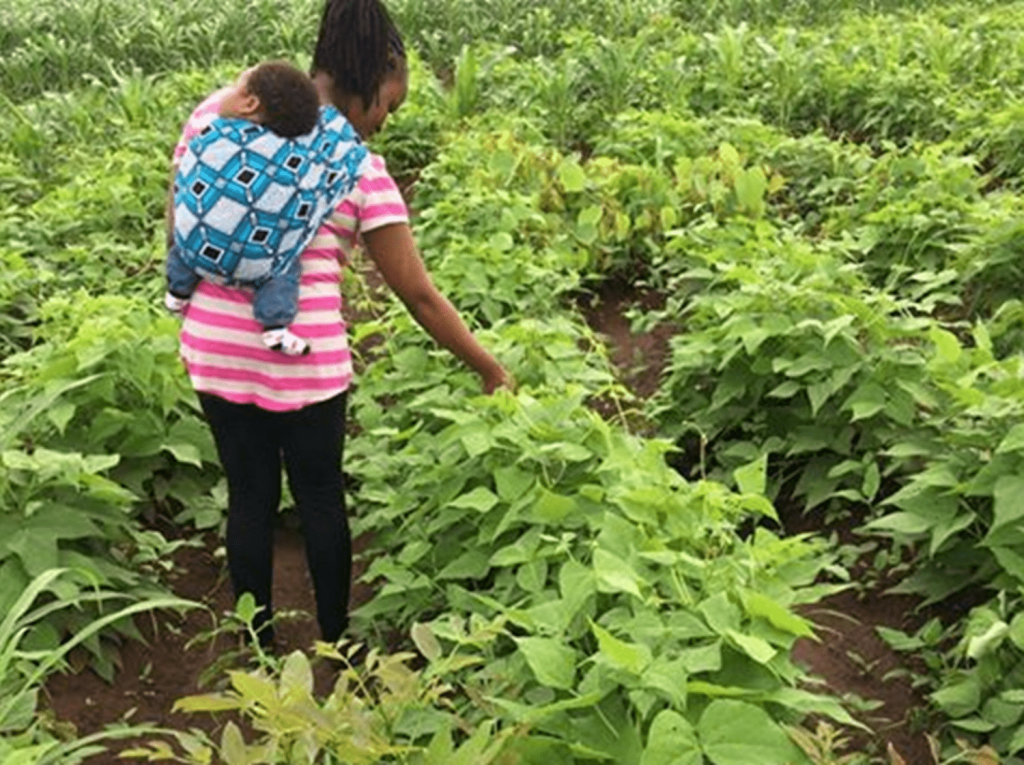By Elias Ngalame
Student hostel waste water nourishing crops on Yaounde backyard gardens
Treated household waste water that is channelled from the students’ bathrooms, kitchen and compound taps nourishes the crops, dramatically improving yields and income for the urban farmers.
Agnes Edgbe uses waste water from the university student residential quarters to grow a variety of crops on her garden, including tomatoes, vegetables, okra, cassava, even in the dry season. Like Agnes many people living next to the public university have embraced urban backyard gardening, encouraged by the availability of water in the neighbourhood.
Agnes says access to water has seen her vegetables survive drought and enabled her to get up to five harvests a year. “I make more than five harvests a year compared to other farmers who don’t have access to waste water and are limited to just two harvests,” Agnes says.
According to agriculture authorities in Yaounde, the household waste water scheme is estimated to have raised annual vegetable production by about 37,000 tons and increased annual income per producer to 400.000 fcfa in 2021 from 250.000 fcfa in 2020, for a small farmland area of about 200 m2 .
With rain-fed agriculture becoming increasingly unreliable, the waste water irrigation systems
are enabling around 300 urban farmers neighbouring the university student residential quarters, including students, to grow assorted vegetables including cabbage, cucumber and tomato.
“In the absence of rain we can have food on our tables and raise the much needed income to help us meet our school needs,” says Anita Eyong, a university student who grows vegetables during her free time.
Anita says she prefers planting her crops on urban waste water sites because she can easily irrigate them by using the readily available waste water. She says because rainfall had become increasingly irregular – coming and going when least expected, it became imperative for her to seek for another solution.
The Citizens’ Association for the Defense of Collective Interests (ACDIC), an NGO that supports resilience in urban farming, supported the students to develop their waste water irrigation scheme.
“The project we supported in 2020 has been very beneficial to the student urban farmers. We have to ensure that this initiative is replicated in other universities,” said Jules Okpen, an official of ACDIC.
The use of waste water irrigation is not only helping to increase the incomes of these urban farmers, but it has also helped in bridging vegetable supply gaps during the dry seasons. According to UN-Water, 80% of all waste water, including faecal sludge, gets dumped without treatment, posing health and environmental risks. The problem is of particular concern in low-income countries where only 8% of waste water is treated.
A field report carried out by the University of Yaoundé noted that crops irrigated with waste water from the river Avo’o in Yaoundé showed the best growth rates in the area. However, the study found health risks associated with using waste water in urban agriculture, particularly if the water has high levels of pathogenic microorganisms. It recommended proper enforcement of laws ensuring the treatment of faecal sludge before discharge.
To address concerns over the health risks and environmental hazards of using waste water to produce food, the International Water Management Institute (IWMI), in collaboration with the World Health Organization (WHO), has updated guidelines on the safe use of waste water in irrigation.

